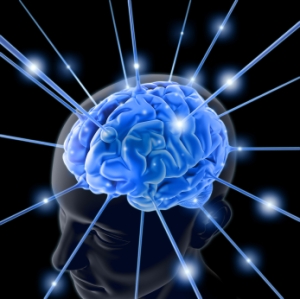
According to research published in the Proceedings of the National Academy of Sciences (PSNAS), a study was performed on 50 people of the average age of 60. They were divided into three groups: one group reduced their calorie intake by 30 percent, another group on a diet filled with unsaturated fat (such as that which is found in fish and olive oil) and a third group that just continued with their everyday diet.
Before the study, all of the participants scored the same on a memory test. After three months into the study, those who were on the restricted diet scored 20 percent higher when it came to the memory test than those who were in the other groups (whose memory did not improve at all).
It was discovered that the group on the restricted calorie diet had better scores that were in conjunction with decreases of insulin and C-reactive proteins.
Although the study was a relatively low when it came to numbers, it concluded that cutting back 30 percent on calorie intake can have an improvement in memory, due to the metabolic changes that result from the decreased amount of calories. The medical community is working on a drug that will mimic the same effects of calorie reduction. Drugs have been tested on mice and have shown benefits when it comes to calorie restrictions but the memory impact on the mice have not yet been studied.
According to Anthony Komaroff, MD, the editor in chief of the Harvard Health Letter, severe calorie restrictions may not be possible for some people, although there are those who are sticking with this plan in order to improve their memories. Komaroff hopes that a medication can be created to help give the brain the signal of fewer calories that will help improve memory in older individuals.
As you get older, you need fewer calories because your metabolism naturally slows down. However, many people do not take in fewer calories because they are used to a certain diet. While it may be difficult to adjust your calorie consumption, it can have other positive health benefits in addition to improved memory. Calorie reduction can limit obesity, decrease the risk for heart disease and also decrease the risk for diabetes, a common disease associated with obesity and often related to age.
Of course, before cutting a drastic amount of calories from your diet, you should consult your doctor or other healthcare provider to weigh the risks and benefits of doing so.

